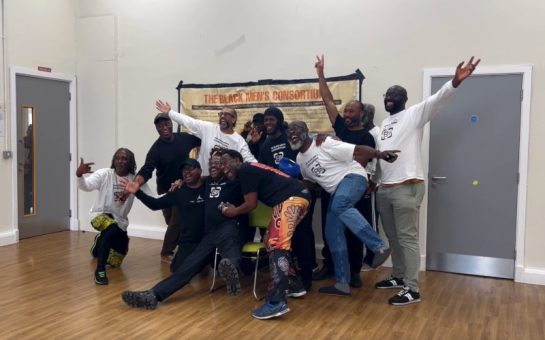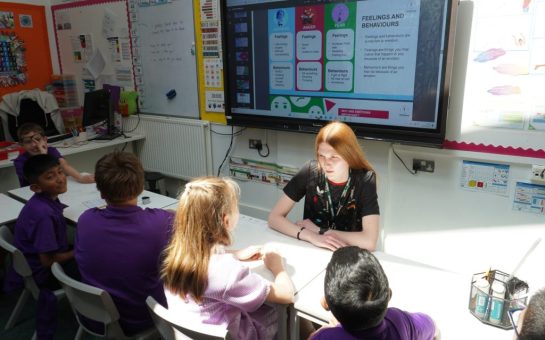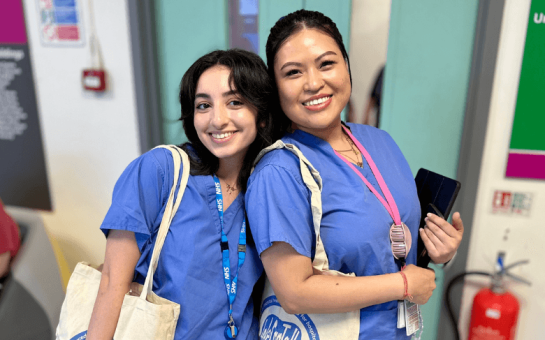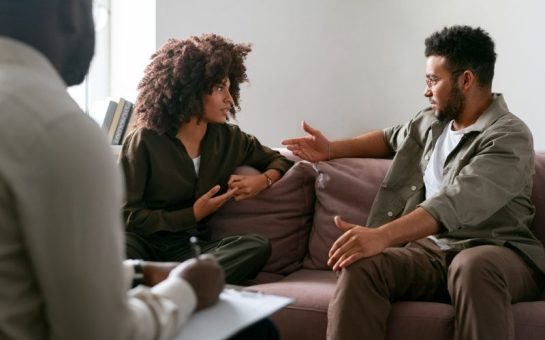By Anaka Nair
June 18 2020, 12:00
Follow @SW_Londoner
A free emotional support service launched by a Londoner to combat the mental effects of coronavirus has reached people all over the world.
Silke Steidinger founded Therapists for Covid to help those bereft of mental health support after noticing that many existing support services were struggling with capacity and unaffordable during lockdown.
Psychotherapist Silke, from east London, created the Facebook group and website to provide 20-minute video calls with a UK registered psychotherapist, counsellor or psychologist.
The free emotional support service is open to all south west Londoners.
She said: “With lockdown measures changing, some people feel liberated while others feel anxious.”
Office for National Statistics (ONS) figures released this month revealed 69% of adults are worried about the effect of coronavirus on their life, up from 67% last week.
One in five adults expect it will be a year before life returns to normal.
After eight years working in the NHS, Silke contacted her professional networks including psychotherapist and writer Susie Orbach and gathered more than 80 volunteers in one week.
She said: “This response speaks to the drive of mental practitioners wanting to offer their time and help.”
Since launching on March 24, one day after lockdown began, the service has reached people all over the world, from Hove and Dundee in the UK to Nigeria, Canada and The Philippines.
ONS figures also showed 44% of adults’ well-being was affected by Covid-19.
The most common issue continues to be worries about the future.
Art psychotherapist and volunteer Nina Tara said: “There are many parallels. It’s unusual for a therapist to share similar feelings to the people they are seeing.
“For Silke to get this service off the ground so quickly echoes its accessibility. This is a response rather than a reaction.”
Despite her mixed feelings about Facebook, Silke said the platform helped break down the stigma of receiving mental health support and eased a potentially difficult step for communities less likely to reach out for help.
“A 20-minute time limit shows there is no obligation to return. We focus on today’s worries – your house, flatmates, work – and give advice which many therapy practitioners shy away from,” she added.
Therapists for Covid also encouraged mutual aid networks to share the service amongst older people who are not on Facebook.
Nina concluded: “This service cannot disappear after lockdown because we just don’t know what the new normal will be.”
Visit www.therapistsforcovid.org for a free session.




